From Our Daily Report
-
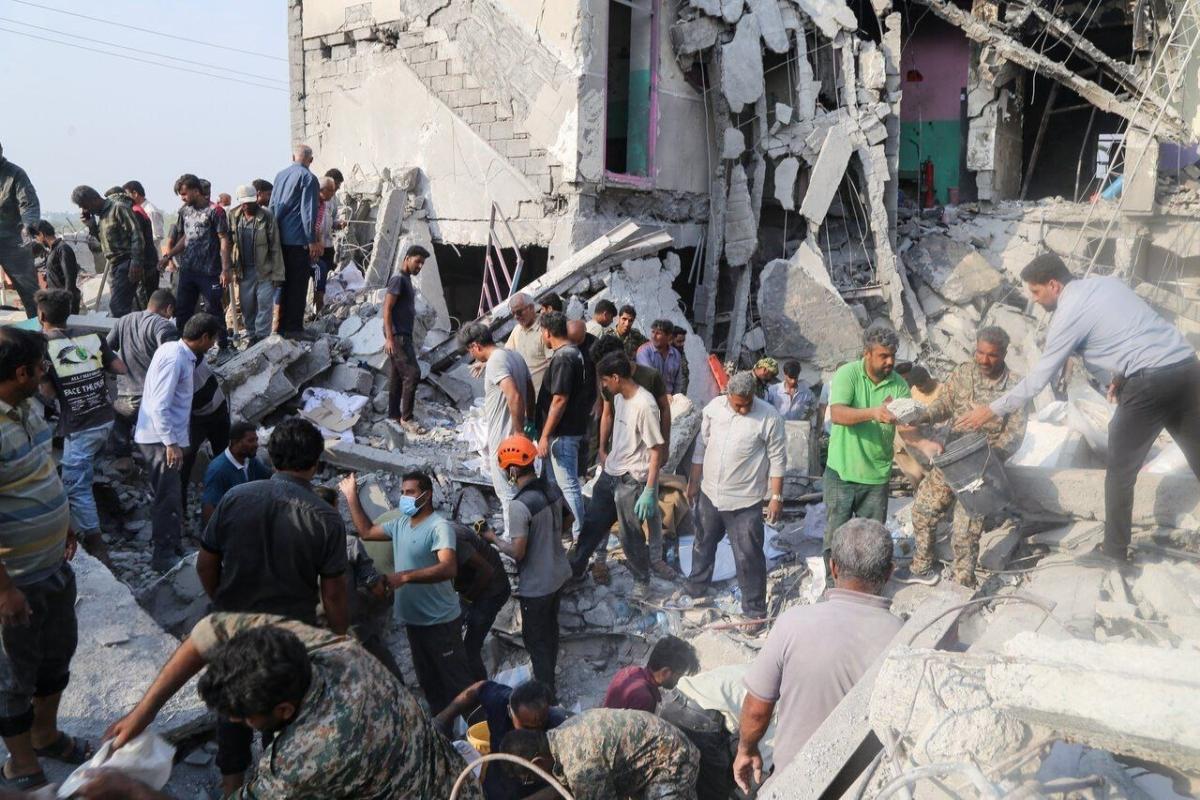 The United Nations urgently called for civilian protection amid growing violence and instability in the Middle East—and particularly in regard to the ongoing US and Israeli military operations against Iran. The UN urged a thorough investigation into a deadly strike on a girls' school in Iran, and requested the disclosure of all relevant information. The attack in the southern coastal city of Minab reportedly killed 168 people. According to Iran's Ministry of Education, the overwhelming majority of the slain were schoolgirls aged seven to 12. The strike came on the first day of coordinated US and Israeli airstrikes officially targeting Iranian infrastructure and military facilities. (Photo: Mehr via Wikimedia Commons)
The United Nations urgently called for civilian protection amid growing violence and instability in the Middle East—and particularly in regard to the ongoing US and Israeli military operations against Iran. The UN urged a thorough investigation into a deadly strike on a girls' school in Iran, and requested the disclosure of all relevant information. The attack in the southern coastal city of Minab reportedly killed 168 people. According to Iran's Ministry of Education, the overwhelming majority of the slain were schoolgirls aged seven to 12. The strike came on the first day of coordinated US and Israeli airstrikes officially targeting Iranian infrastructure and military facilities. (Photo: Mehr via Wikimedia Commons)
THE LUNAR JURISDICTIONAL TRAP
Why AI and Nuclear Ambitions Are Outpacing Space Law
by Vishal Sharma, JURIST
The recent unveiling of Russia's Selena project, a nuclear power plant slated for the lunar surface by 2035 under the joint Russo-Chinese International Lunar Research Station program, has been hailed as a triumph of engineering. But beneath the proposed cooling towers lies a volatile reality. We are about to place the highest-stakes technologies of the 21st century—autonomous artificial intelligence (AI) and nuclear fission—on a legal foundation that has been frozen since the Cold War.
BURMA: JUNTA-CONTROLLED ELECTORAL 'SHAM'
by Nava Thakuria, CounterVortex
Trouble-torn Burma (also known as Myanmar or Brahmadesh) is heading for the first general elections since the military coup of February 2021 that ousted a democratically elected government. The seating of a new parliament will mark the re-opening of the bicameral body which was suspended when the military junta seized power. However, several prominent political parties will be barred from the three-phase polling to start on December 28— including Aung San Suu Kyi's National League for Democracy (NLD), which won the last general elections held in November 2020. The new elections, with only those parties approved by the military junta participating, are rejected by the opposition as a "sham." Results are expected by the end of January.
WHEN CITIZENSHIP BECOMES CASTE
White Supremacy's Push to Rewrite the Constitution
by Timothy Benston, The Black Eye
Birthright citizenship in the United States was never a bureaucratic detail or an immigration loophole. It was a direct assault on white supremacy's original theory of this nation—that Black presence was permissible only as labor, never as belonging. The framers of the Fourteenth Amendment sought to end that theory for good. Their language was meant to close the door on the idea that one's worth could be inherited from whiteness or revoked by power. If you are born here, you are of here. That amendment did not just welcome formerly enslaved Black people into the civic body; it attempted to inoculate the Constitution itself against the return of caste.
THE PARADOX OF TRUMP'S DRUG WAR
Pardons for the Convicted, Drone Strikes for the Suspected
by Ingrid Burke Friedman, JURIST
This week, President Donald Trump pardoned a man federal prosecutors described as the architect of a "narco-state" who moved 400 tons of cocaine to United States shores. In September, the US military began killing people on Caribbean vessels based on unproven suspicions they were doing the same thing on a far smaller scale. The strikes have drawn allegations of war crimes; the contradiction has drawn bipartisan scrutiny.
Former Honduran president Juan Orlando Hernández walked out of a federal penitentiary in West Virginia on December 2, after Trump issued him a "full and unconditional" pardon. Hernández had been serving a 45-year prison sentence after being convicted in 2024 of facilitating the importation of more than 400 tons of cocaine into the United States over nearly two decades. Then-Attorney General Merrick Garland said at the time that Hernández had "abused his position as President of Honduras to operate the country as a narco-state where violent drug traffickers were allowed to operate with virtual impunity, and the people of Honduras and the United States were forced to suffer the consequences."
CHINA'S MEGA-HYDRO SCHEME SPARKS OUTCRY IN INDIA
by Nava Thakuria, CounterVortex
The Chinese state's hydro-electric activities on the Yarlung Tsangpo (or Zangbo) river have long been a source of tension with the downstream countries of India and Bangladesh, which cite a risk of ecological disaster. Now Beijing has started building a colossal dam at the Tsangpo's great bend in southeastern Tibet, close to the border with the Indian state of Arunachal Pradesh. Chinese Premier Li Qiang on July 19 attended the groundbreaking ceremony for the Medog Hydropower Station in Nyingchi, Tibet Autonomous Region, and hailed it as the "project of the century." But the $168 billion hydro-dam, which will be the world's largest when it is completed, is described by Arunachal Pradesh leaders as an "existential threat."
PKK DISSOLUTION: THE LONG FAREWELL TO VANGUARDISM
by Blade Runner, Freedom News
The formal announcement of the PKK's dissolution has sparked mixed reactions among Turkey's Kurds and international supporters. However, it has been years in the making and comes as no surprise to long-term observers of the Kurdish movement and readers of Abdullah Öcalan's theory of Democratic Confederalism. The shift had been indicated months earlier and signifies a strategic transformation aligned with a broader vision of autonomy beyond the state, the party, and the armed struggle.
FREE SYRIANS STAND UP FOR PALESTINE
by JURIST Staff
We may not have the infrastructure, but we have the will.
—Banner held at protests across Syria, April 2025
In an unprecedented wave of demonstrations across government-held territory, the Syrian people have taken to the streets not to challenge their own leadership, but to protest Israel’s ongoing human rights atrocities in Gaza and its repeated military strikes on Syrian soil.
This explainer breaks down what’s happening, what’s fueling the anger, and what it signals about a country emerging from decades of internal rule, and why Syrians are rallying around a cause that reaches far beyond their own country's borders.
LEONARD PELTIER HEADS HOME —AT LAST
by Ingrid Burke Friedman, JURIST
Today I am finally free.
They may have imprisoned me,
but they never took my spirit.
–Leonard Peltier, Feb. 18, 2025
Native American activist Leonard Peltier, one of the longest-serving federal prisoners in US history, was released to home confinement on Tuesday after spending nearly five decades behind bars. His imprisonment stems from a controversial 1977 conviction in the shooting deaths of two FBI agents on South Dakota’s Pine Ridge Indian Reservation, a case that has been harshly contested between activists and law enforcement for generations.





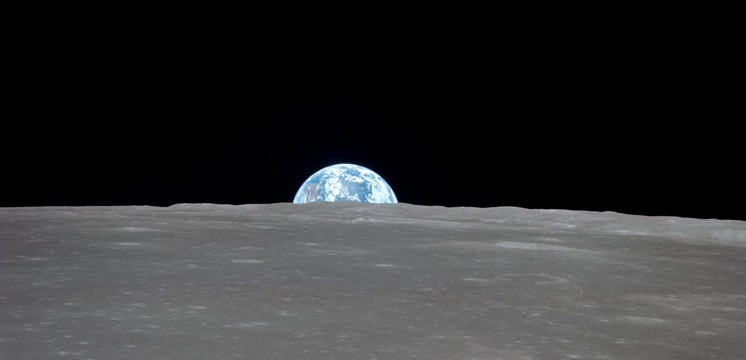

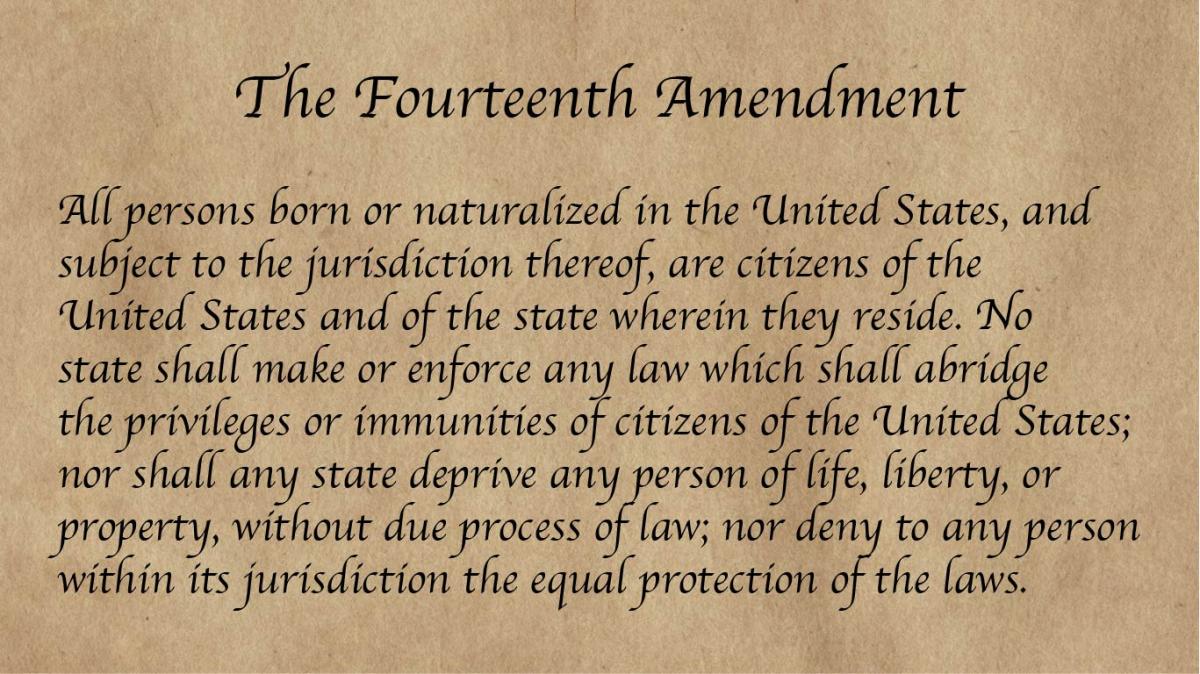
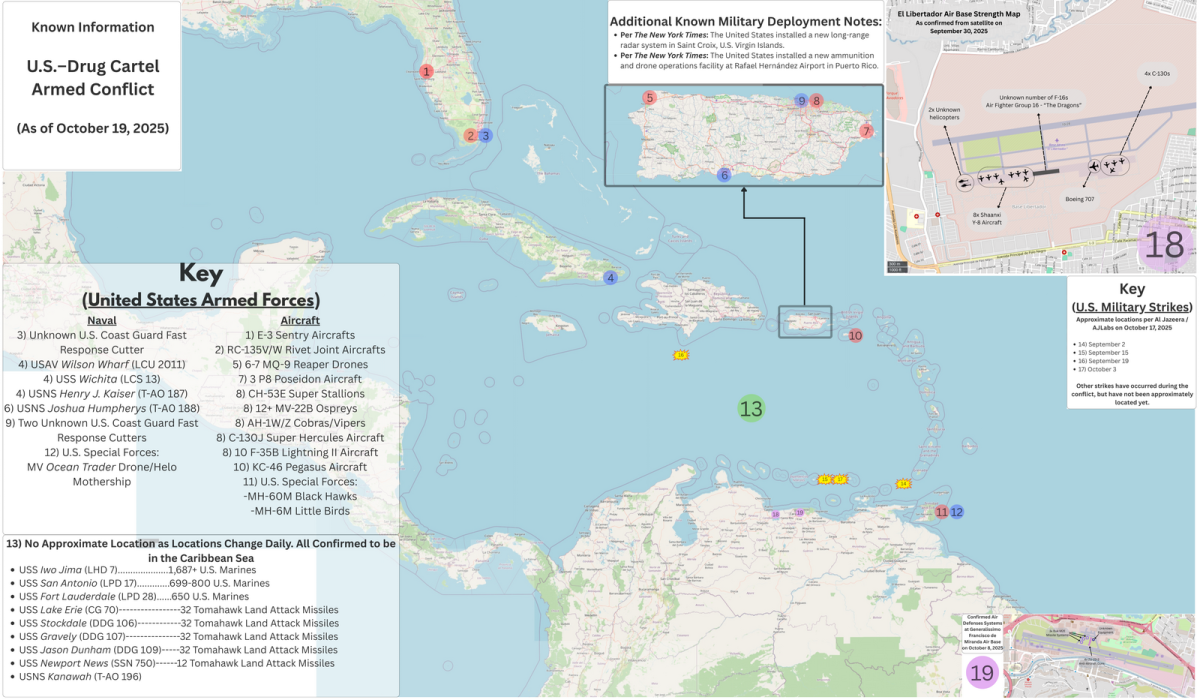
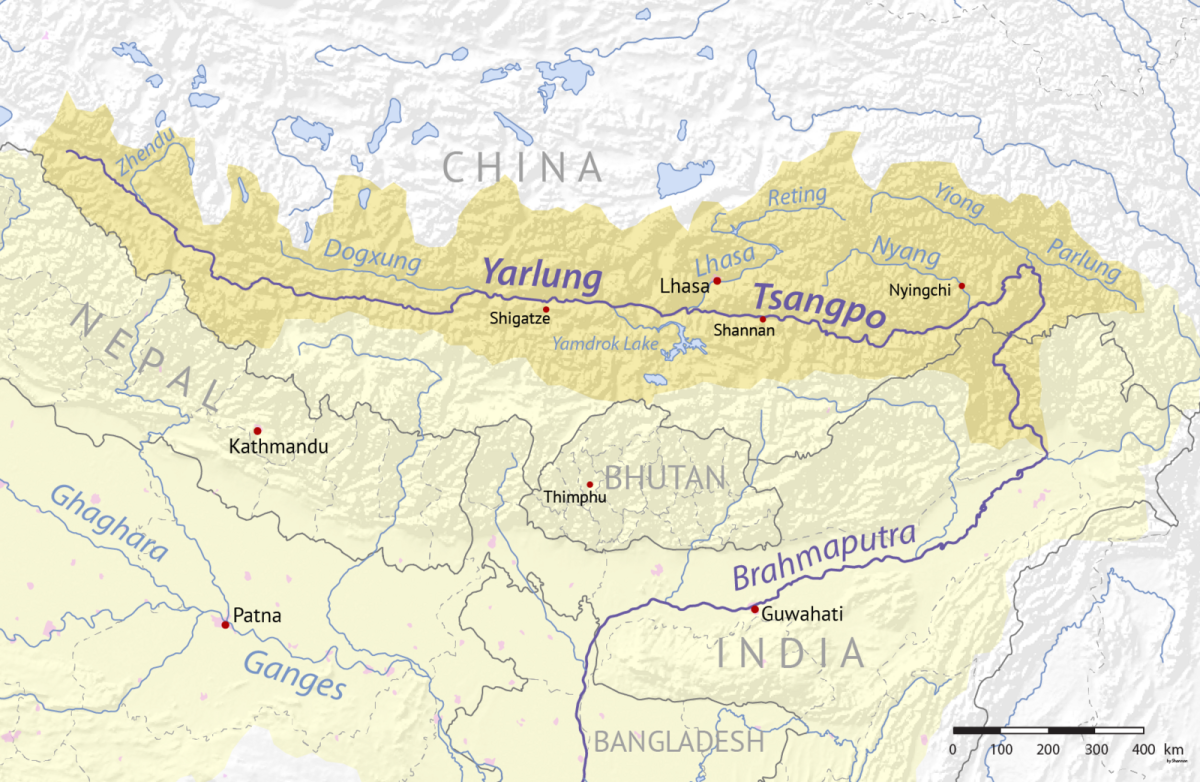
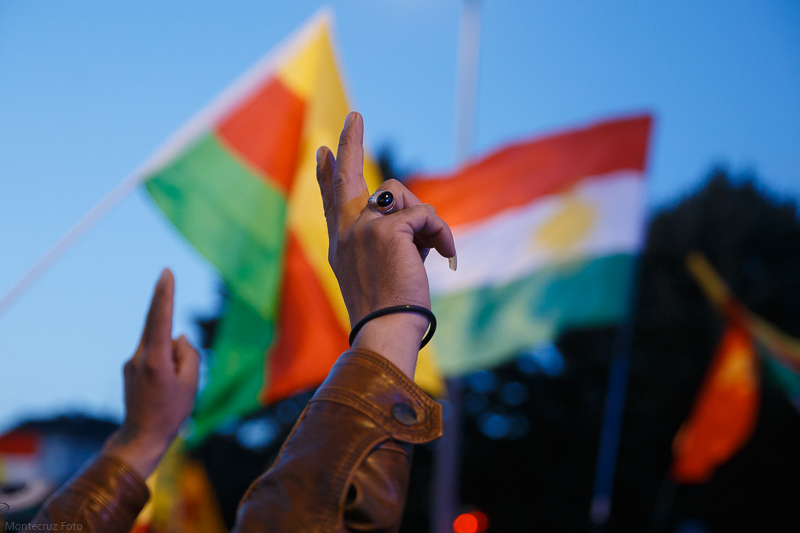
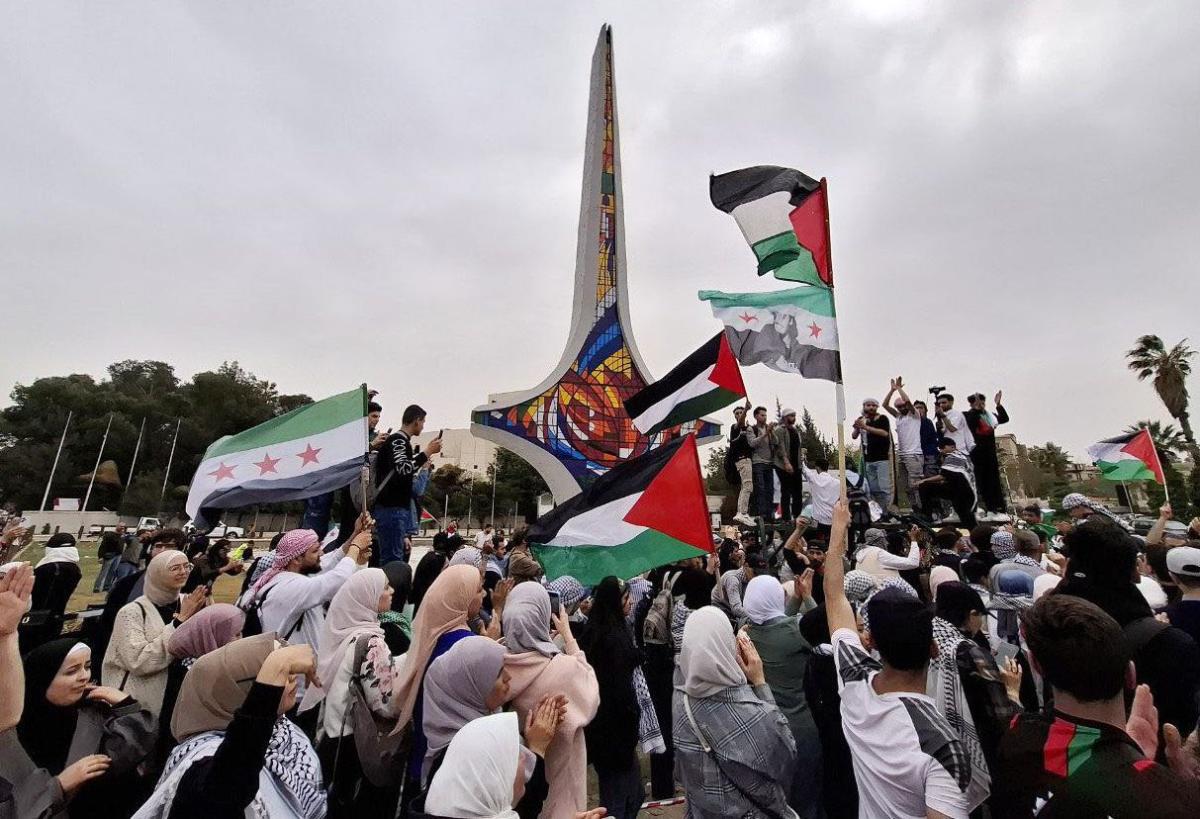











Recent Updates
1 day 17 hours ago
1 day 23 hours ago
2 days 18 hours ago
5 days 12 hours ago
5 days 12 hours ago
5 days 14 hours ago
5 days 14 hours ago
5 days 14 hours ago
5 days 14 hours ago
5 days 14 hours ago